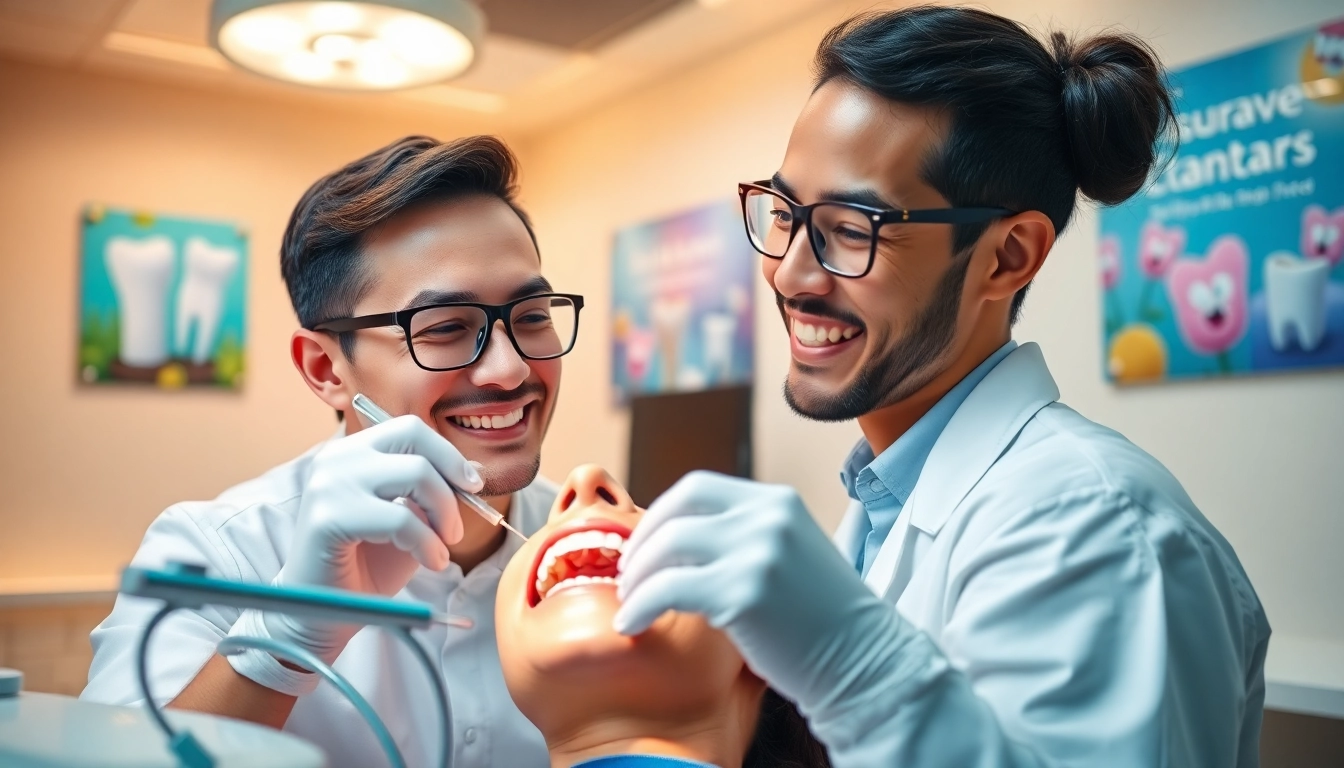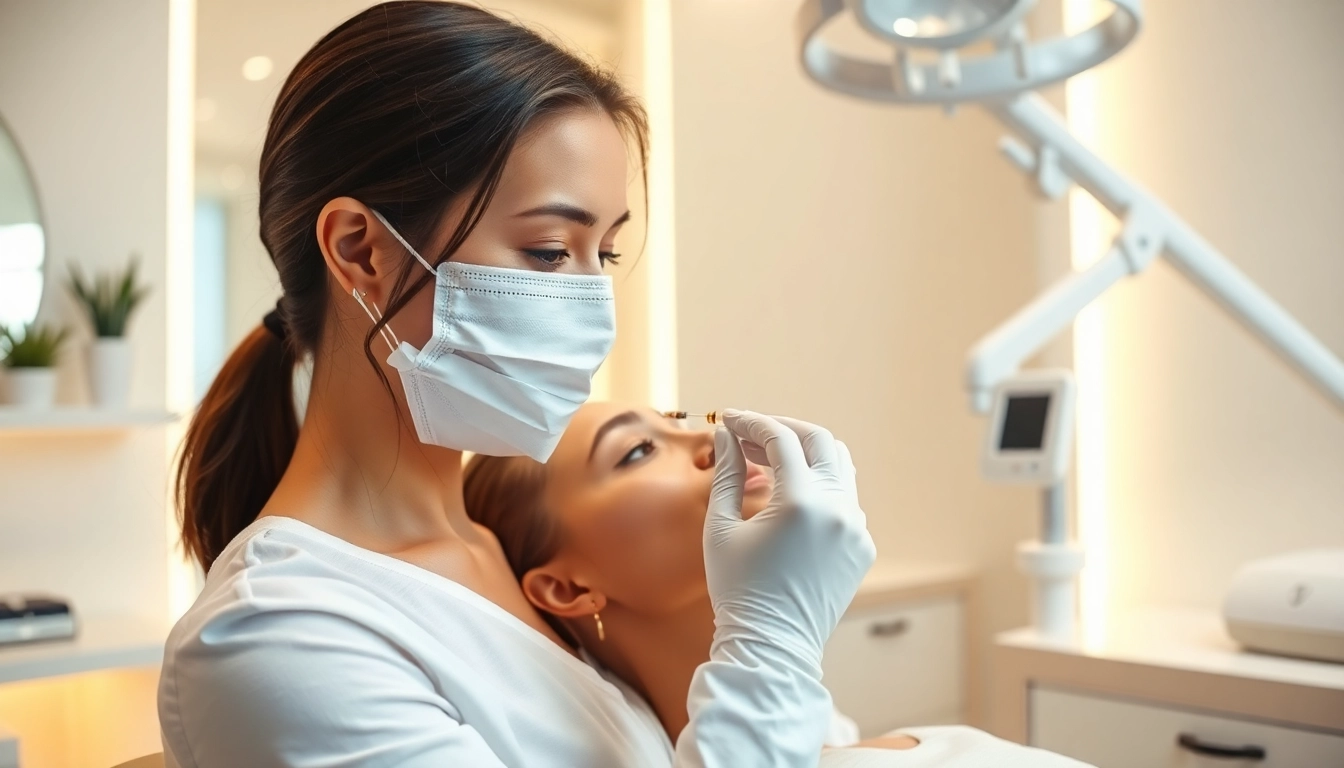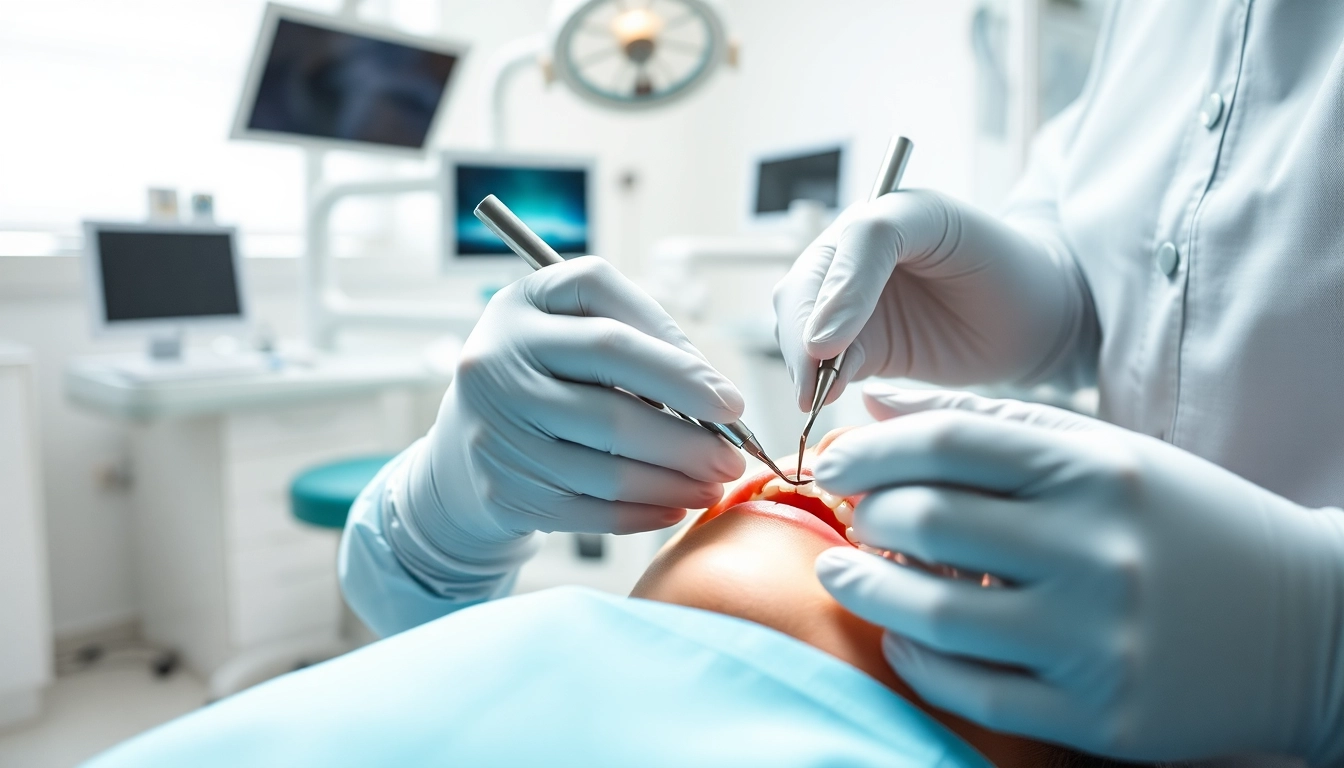Understanding the Importance of Dental Checkups
Dental checkups play a critical role in maintaining oral health and preventing serious dental issues over time. These routine appointments allow dental professionals to evaluate your oral hygiene, detect early signs of decay or disease, and provide valuable recommendations for improving your dental health. By prioritizing checkups, you ensure that your mouth remains healthy throughout your life.
What Are Dental Checkups?
A dental checkup typically involves a comprehensive examination of your teeth, gums, and mouth. During this visit, a dentist or dental hygienist conducts several assessments to evaluate your oral health. This includes checking for cavities, gum disease, and other potential issues that could threaten your dental well-being. Additionally, a dental cleaning is often performed to remove plaque and tartar buildup, further enhancing your oral hygiene.
The Benefits of Regular Dental Checkups
Regular dental checkups have numerous benefits that extend beyond the immediate results of a cleaning. Here are some key advantages:
- Early Detection of Problems: Many dental issues, such as cavities or gum disease, can be asymptomatic in their early stages. Checkups enable early detection, allowing for less invasive treatments.
- Preventive Care: Regular visits help to prevent more serious health issues from developing through professional cleanings and preventive advice.
- Oral Cancer Screenings: Dentists often screen for oral cancer during checkups. Early detection is crucial for successful treatment.
- Establishing a Dental Record: Regular visits create a record of your dental health history, which is important for tracking changes over time.
- Education: Dentists provide valuable tips on maintaining oral hygiene practices tailored to your specific needs.
How Checkups Prevent Serious Dental Issues
Preventive care is at the core of dentistry. Regular checkups serve as an opportunity to educate patients on the importance of oral hygiene, including proper brushing and flossing techniques. Additionally, these appointments can also lead to personalized care plans that focus on improving your oral health. When combined with a healthy diet and good home care practices, regular checkups can significantly reduce the risk of costly treatments in the future, such as fillings and extractions.
What to Expect During Your Dental Checkup
Initial Assessments and Patient History
Your dental checkup begins with an assessment of your medical and dental history. This information helps the dentist understand any underlying health conditions you may have, such as diabetes or heart disease, which can affect your oral health. Be prepared to discuss any medications you are taking, your dental habits, and any symptoms you may have noticed since your last visit.
Common Procedures in a Routine Checkup
During a typical checkup, a dentist will conduct the following procedures:
- Visual Examination: The dentist will visually inspect your teeth and gums for signs of decay, gum disease, or other concerns.
- X-rays: Depending on your dental health and history, X-rays may be taken to provide a clearer picture of your dental health, including areas that are not visible to the naked eye.
- Cleaning: A dental hygienist typically performs a thorough cleaning, removing plaque and tartar buildup using specialized tools.
- Fluoride Treatment: After cleaning, a fluoride treatment may be applied to strengthen your teeth against cavities.
Post-Checkup Recommendations
Once your checkup is complete, your dentist will provide feedback on your oral health and may make recommendations for improving it. This might include advice on diet, brushing techniques, or products to use for better dental hygiene. If any issues were detected, they may recommend follow-up treatments or referrals to specialists as needed.
Frequency of Dental Checkups: How Often Should You Go?
General Guidelines for All Age Groups
The American Dental Association (ADA) generally recommends that individuals visit the dentist at least once every six months for a checkup and cleaning. However, some people may need to visit more frequently, especially those with specific oral health concerns or those at higher risk for dental issues.
Factors that Influence Checkup Frequency
Several factors may influence how often you should schedule dental checkups:
- Age: Children and teenagers often require more frequent visits (every six months) to help them maintain healthy teeth and gums as they grow.
- Existing Conditions: Individuals with diabetes, periodontal disease, or other health issues may need more frequent care to manage their conditions effectively.
- Oral Hygiene Habits: If you maintain good oral hygiene and have a history of good oral health, your dentist may recommend less frequent visits.
Special Considerations for Patients with Dental Concerns
If you have a history of dental issues, such as frequent cavities or gum disease, your dentist may recommend a more personalized schedule based on your specific needs. Regular checkups are instrumental in managing these concerns and ensuring that they do not exacerbate over time.
Choosing the Right Dental Practice for Your Checkups
Evaluating Dentist Credentials and Experience
When selecting a dental practice, it’s vital to consider the qualifications and experience of the dental professionals. Check for their certifications, continuing education, and specializations. This due diligence ensures that you receive high-quality care tailored to your needs.
Services Offered in a Dental Practice
Not all dental offices provide the same services. When searching for a dentist, consider what services you may need in the future. For example, if you’re interested in cosmetic dentistry, it’s beneficial to choose a practice that offers these services along with routine checkups.
Reading Reviews and Testimonials Effectively
Customer reviews and testimonials can provide insights into the quality of care at a dental practice. Look for feedback about the staff’s friendliness, the dentist’s expertise, and the overall patient experience. However, approach reviews with a critical eye and look for patterns instead of isolated experiences.
FAQs About Dental Checkups
How to Prepare for Your First Checkup
Preparing for your first dental checkup is straightforward. Bring a list of medications you are taking, arrive a few minutes early to fill out any necessary forms, and be prepared to discuss your dental history openly. If you have specific concerns about your oral health, jot them down to discuss with your dentist during your visit.
Common Myths About Dental Visits
Several myths surrounding dental visits can deter individuals from scheduling checkups. Here are a few common misconceptions:
- Myth 1: “I don’t have any pain, so I don’t need to go to the dentist.” Reality: Many dental issues remain asymptomatic until they worsen.
- Myth 2: “I can skip the dentist if I brush and floss regularly.” Reality: Professional cleanings and assessments are essential even for those with excellent home care habits.
What to Do If You’re Nervous About Checkups
It’s common to feel anxious about dental visits. To alleviate these nerves, consider the following strategies:
- Communicate: Let your dentist know about your anxiety. They can adjust their approach to help you feel comfortable.
- Bring a Friend: Having someone you trust accompany you can provide reassurance.
- Practice Relaxation Techniques: Techniques such as deep breathing can help calm you before your appointment.















Leave a Reply